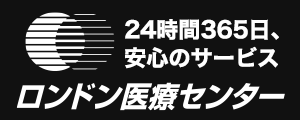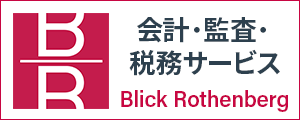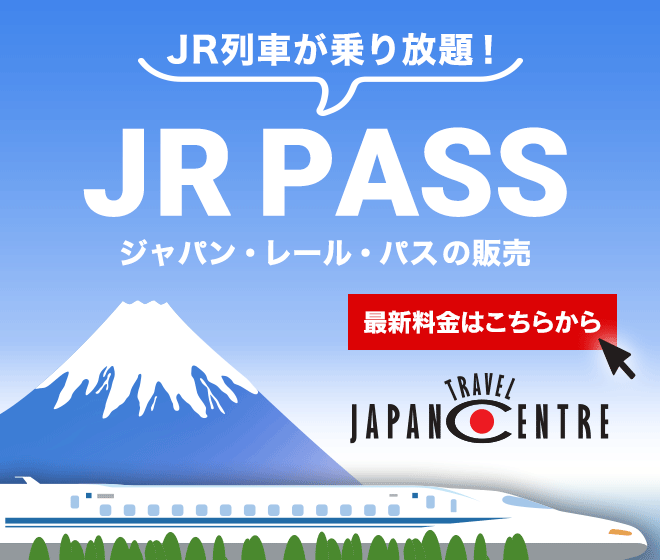Have you ever received a mountain of English documents just moments before a meeting? Many busy Japanese expats find themselves sighing, thinking, “If only they’d sent this earlier.” For those who are comfortable with English, this may not be a problem, but not everyone has the same level of ease with the language.
As a professional interpreter, I also struggle when handed an unfamiliar proposal out of the blue, so I completely understand the challenges Japanese professionals face in such situations.
Providing materials in advance is simply good etiquette, no matter who your audience is. But when dealing with non-native English speakers, it’s even more important. Because English is the global language of business, most English speakers rarely have to read a PowerPoint presentation in another language, nor do they often need to process information at short notice in a foreign language. This might make them less aware of how challenging it is for Japanese professionals to review an English presentation in a short time frame. If this situation sounds familiar, consider sharing these points with your colleagues or team members:
- Reading through large volumes of English text takes time and effort.
- For productive discussion in meetings, it’s essential to understand the material fully beforehand. Without adequate preparation time, the outcome that the author of the document is hoping for may not be achieved.
- Being asked to brainstorm on the spot, based on documents they’ve only just seen, is unrealistic.
This issue isn’t just about language sensitivity; it’s also a matter of consideration. When people send a large volume of English materials without notice, it often shows a lack of awareness of the challenges faced by the recipient. Some may argue, “We’re too busy to send it earlier,” but a simple rule like “submit presentation materials at least two days before meetings” could be helpful. Many people may not even realise the impact of these situations until they hear the frustrations of Japanese colleagues.
As I’ve mentioned before, unless Japanese and non-Japanese colleagues openly discuss these issues, improvement is unlikely. And sometimes, a straightforward conversation can lead to a surprising “Really? I hadn’t thought of that!” moment.
On the topic of brainstorming, I frequently hear comments in cross-cultural training sessions like, “Japanese people seem uncomfortable with brainstorming and don’t speak up much in meetings, so it’s hard to gauge their abilities.” Having worked with many talented Japanese engineers and researchers, I find it unfortunate that this perception exists.
Cultural factors such as Japanese education and hierarchical workplace structures play a role, but when I hear this feedback, my instinctive response is to remind colleagues, “They’d contribute more if they had enough time to prepare!”
Additionally, facilitators should adjust the pace to match that of Japanese participants so that everyone has a chance to speak. Japanese professionals may feel frustrated if the meeting moves too quickly, limiting their opportunities to participate. Ideally, a meeting leader who understands and respects different communication styles would be best. Are your team members aware of this?



 在留届は提出しましたか?
在留届は提出しましたか?












